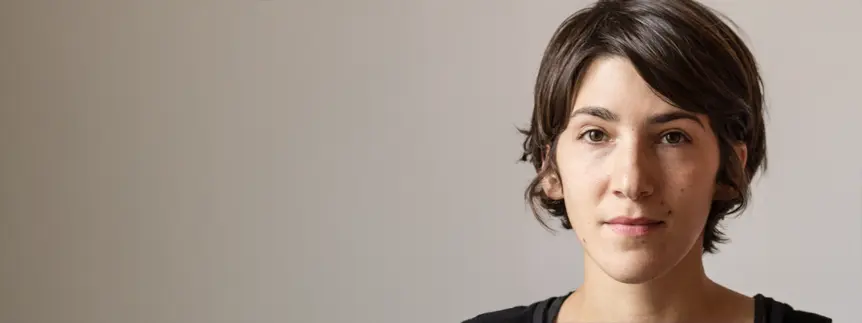I was born in 1983 in Toulouse, France, into a Jehovah’s Witness family. My earliest memories are woven with the strict doctrines and rigid expectations that came with being part of the organization. As a child, I often felt confined, surrounded by rules that dictated every aspect of life—what to believe, whom to associate with, and even how to think.
By the time I reached 14, I longed for a way to make my teenage years more bearable while also securing a future beyond the walls of religious control. I realized that gaining a bit more freedom in my movements would require blending in. Reluctantly, I decided to get baptized—not out of faith, but as a calculated survival strategy. Baptism would grant me a semblance of trust and reduce the constant scrutiny. I had become skilled at pretending.
Before this, I had dared to express doubts about my parents’ beliefs. Their reaction was swift and severe. They emotionally manipulated me and withdrew affection, making it clear that dissent meant isolation. The emotional toll was crushing, leaving me with no choice but to suppress my true feelings and play the part expected of me.
At 19, I finally saw a path to freedom. I was accepted into a school 500 kilometers away from home, offering a chance at a brighter future. I immersed myself in higher education, driven by the knowledge that academic success could be my safeguard. I needed a stable career to fall back on if—and when—my family rejected me for leaving the religion.
In 2002, I took the courageous step of formally severing ties. I wrote a letter to the Jehovah’s Witness association in Blagnac, requesting to be removed from their registry. The response came not from the organization, but through my parents: I was officially excluded.
The fallout was devastating. My sister, once my closest confidante, gradually cut ties. She told me she could no longer associate with me because of my decision. Losing her felt like a wound that never truly healed, leaving an ache that time has only deepened.
The relationship with my parents remains distant and fractured. We see each other just once a year, and even then, it feels as though I’m speaking to people cloaked in religious dogma, filtering every word through the lens of indoctrination. They are no longer the individuals I once knew but extensions of a belief system that values conformity over familial love.
The emotional isolation has been profound, affecting my health and well-being in ways that are difficult to articulate. Living with the knowledge that my family’s love is conditional—a privilege revoked the moment I asserted my autonomy—is a heavy burden.
I share my story with the hope that one day, mandated shunning will be recognized for what it is: a cruel and inhumane practice that fractures families and leaves lasting scars. It should be condemned and punished, sparing others the pain I have endured.

